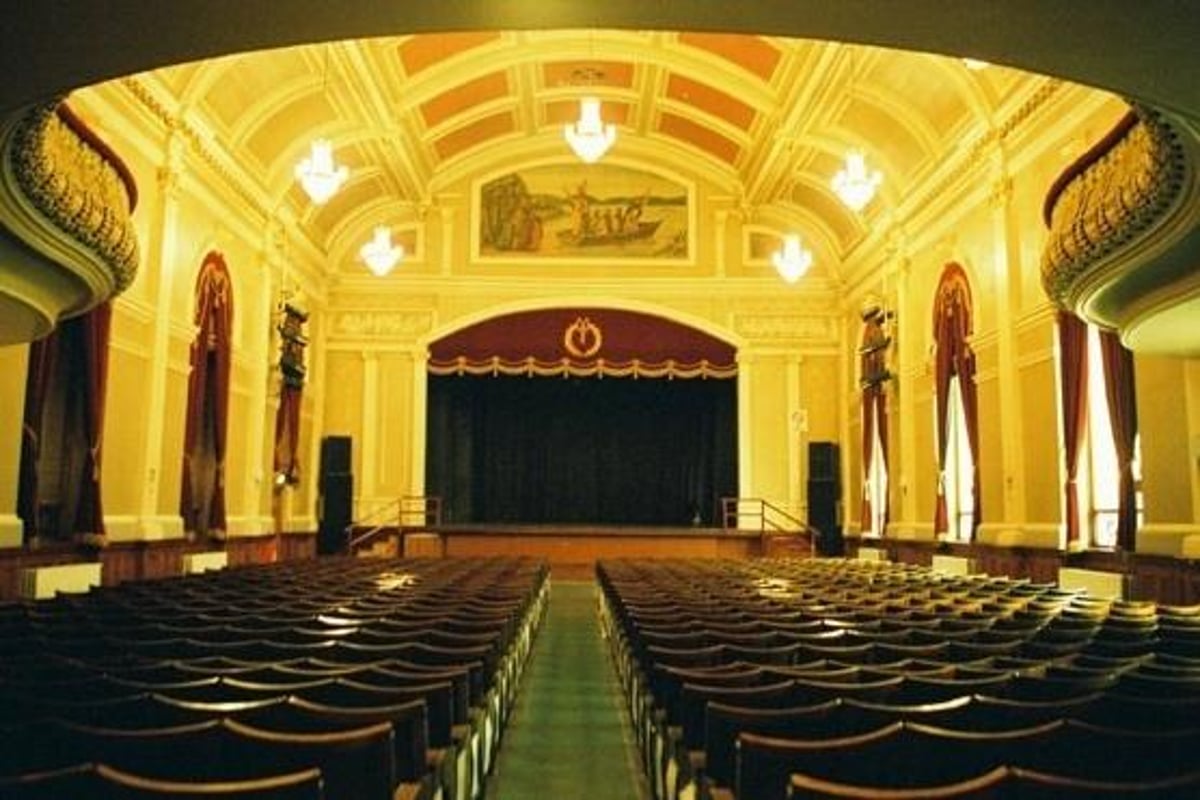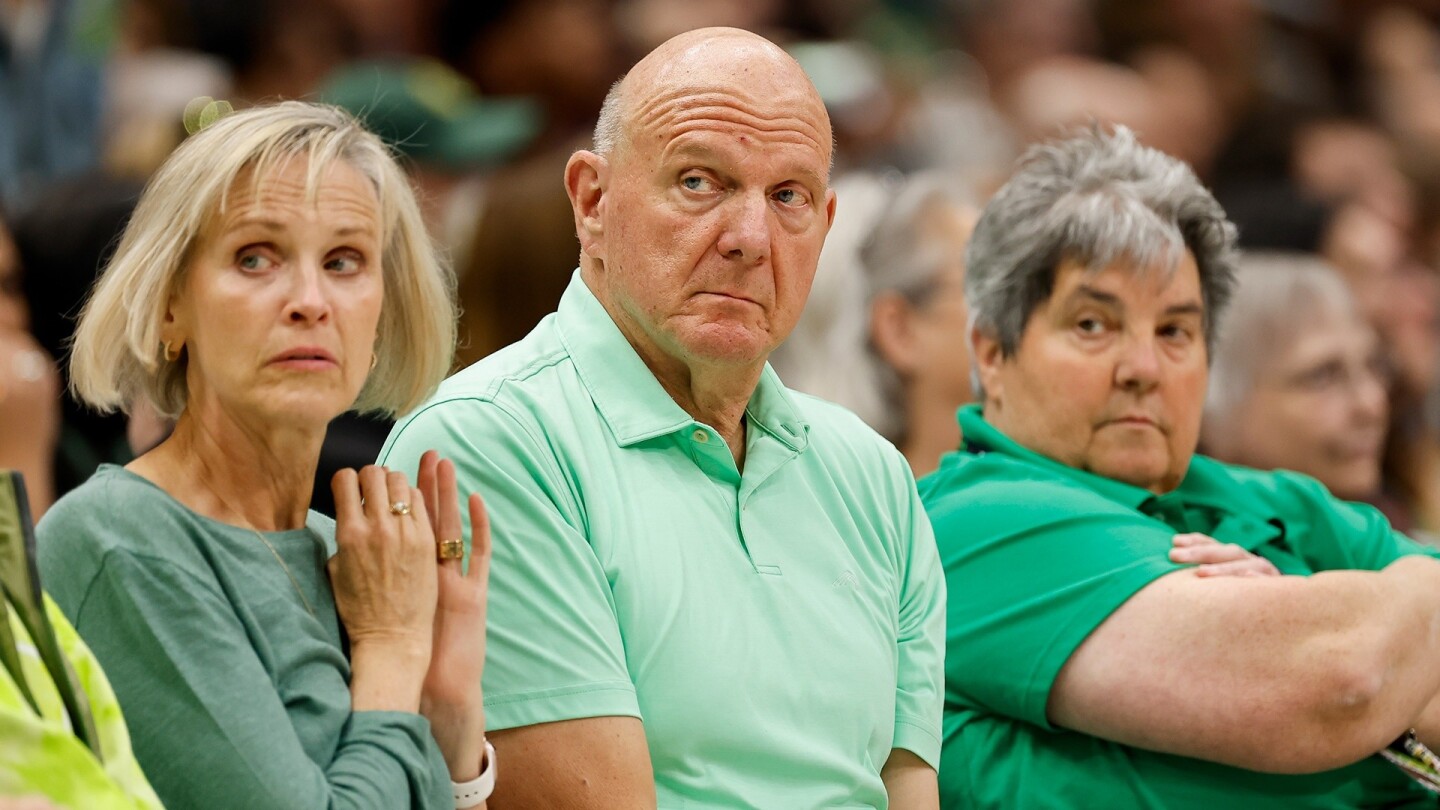By Garbhán Downey
Copyright derryjournal

Derry has one rail-line – to feed Belfast – Donegal has none. Our waiting lists at Letterkenny and Altnagelvin hospitals are among the worst on these islands. The main connecting route for both our counties to Dublin – which in any other country would be a motorway – is a lethal B road, the development of which has been repeatedly and deliberately delayed. Our minor university campus is controlled by Stormont – which retains 83 percent of all Higher Education students and more than 95 per cent of HE spending for Belfast. Any funding for development at Magee has to be sourced and paid for by Derry itself, and yet Belfast insists on centralising full administrative control in the ‘capital’. Our BBC station’s output has been drastically cut. And this week, it was confirmed one of the NW’s top business representatives, Kieran Kennedy, felt compelled to resign from Invest NI – the body set up to attract overseas companies here. Earlier this year, Colmcille Press published Paul Gosling’s book A New Ireland: A Five Year Review, which outlines, inter alia, in the frankest of terms how Stormont is failing us. Paul, who worked in Stormont as an advisor and brings a particularly clinical eye to his work, has also suggested that a consensus is emerging that Stormont must be preserved as part of any transition arrangements, if and when there is constitutional change on the island. So, how precisely is that supposed to serve Derry? Does this mean that, even if we vote for reunification, we are still going to be ruled under a devolved administration from Belfast? And if so, what guarantees are there that we are going to fare any better than we have done over the past 104 years? There have been some positive noises from the Southern side – which realises the particular challenges faced by the North West. The Irish government has identified our region as a top priority in its Shared Ireland initiative. And last year, the Royal Irish Academy advocated a new cross-border university be established to regenerate northwest Ireland and recommended that the new institution must be run independently of both capitals, Belfast and Dublin. Next month, Ireland will elect a new President, who will serve for seven years, quite possibly past the date of a unity referendum. If, as some experts believe, the 2031 census indicates a much-increased likelihood of a Yes vote, a referendum could take place in 2032, if not before. Thus, the next President could become the first official Head of State for the entire island. Given the fact that Northerners cannot vote in this Presidential election, we need meaningful input into the process, hence the decision by Colmcille Press to organise a Presidential Hustings for Derry for October 8. Derry has a right to take part in what has, up to now, been an exclusively Southern process, just as all our citizens are entitled under the democratic process to have a direct role in selecting our leaders. Equally there is a fundamental obligation on the candidates to lay out their vision for the entire island and how they propose to lead and represent the constitutional changes that could well emerge over the next seven years – and which will directly impact on our lives in the North West. To that end we have written to the largest political parties, and to the independent candidate Catherine Connolly, inviting them to Derry to outline their Presidential manifestos and tell us how they intend to lead a new Ireland. Any independent candidates subsequently nominated will also receive invitations to take part. The panel, appointed to ask questions of the candidates, has been chosen to reflect the diversity of the northwestern community, and includes members from both Derry and Donegal, and also those whose tradition would not be to support reunification. We aim to ensure broad, open and future-focused discussion. The moderator for the event and a number of the panelists are Irish speakers, which will ensure the debate can be bilingual. The venue where the event will take place, St. Columb’s Hall, is one of the North West’s oldest and renowned civic forums, previously playing host to suffragette leaders such as Emmeline Pankhurst, political leaders such as Éamon de Valera, trade union leaders like Eleanor Marx and civil rights giants such as John Hume. It is, and has long been, a crucible for discussion and for change. The audience will feature representatives from both Donegal and Derry, from both the main communities in the North, and from local schools. We have asked the candidates to confirm their attendance by September 30 and hope very much that we see them all at St Columb’s Hall on October 8.



